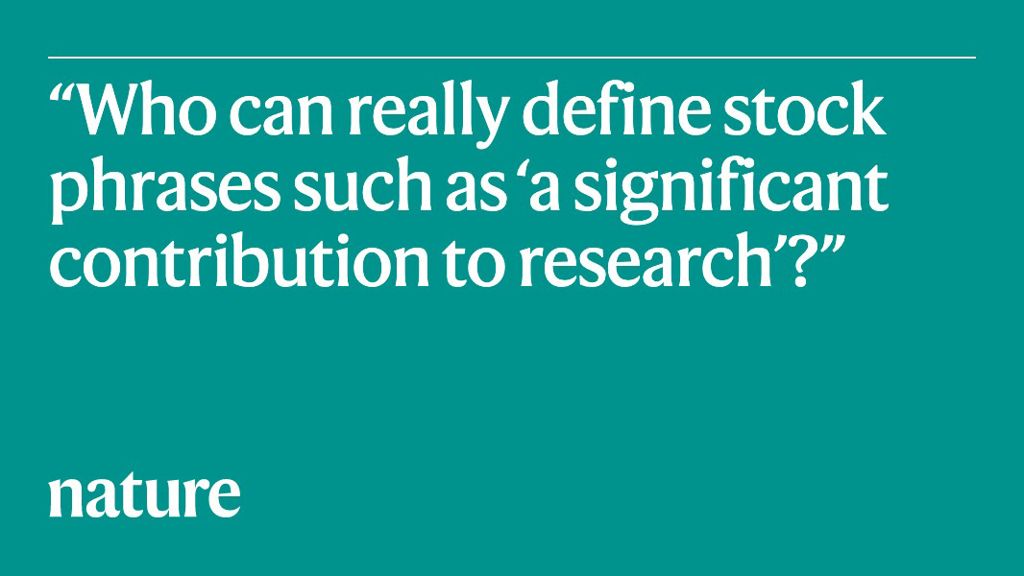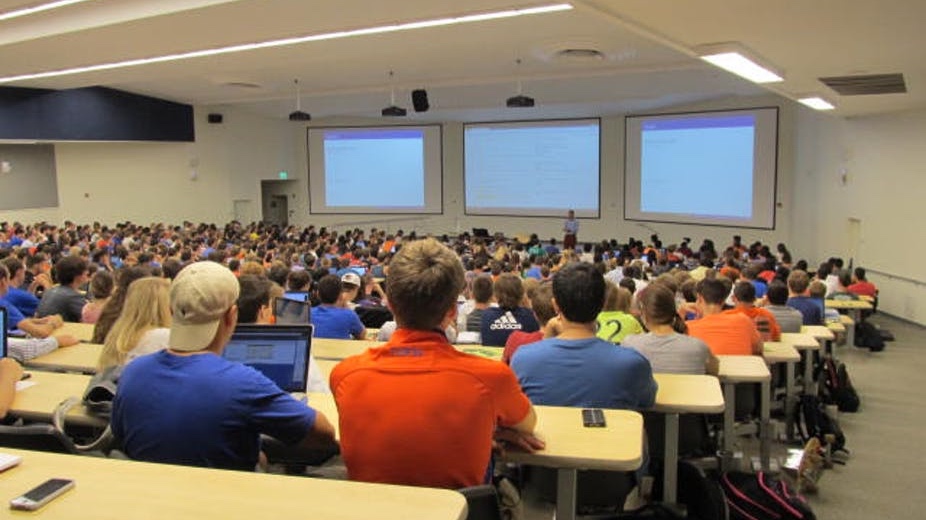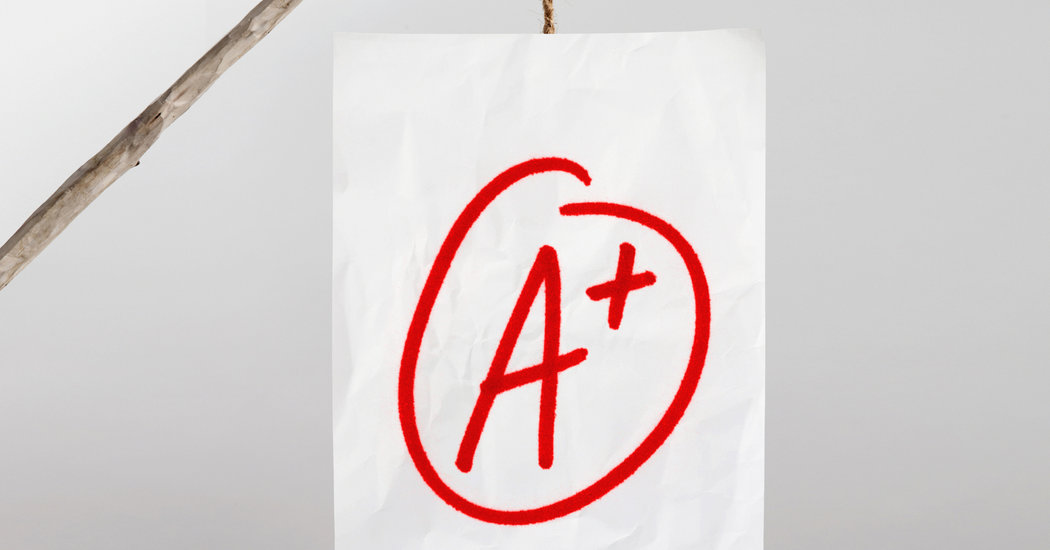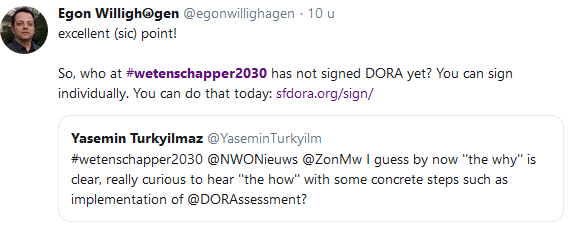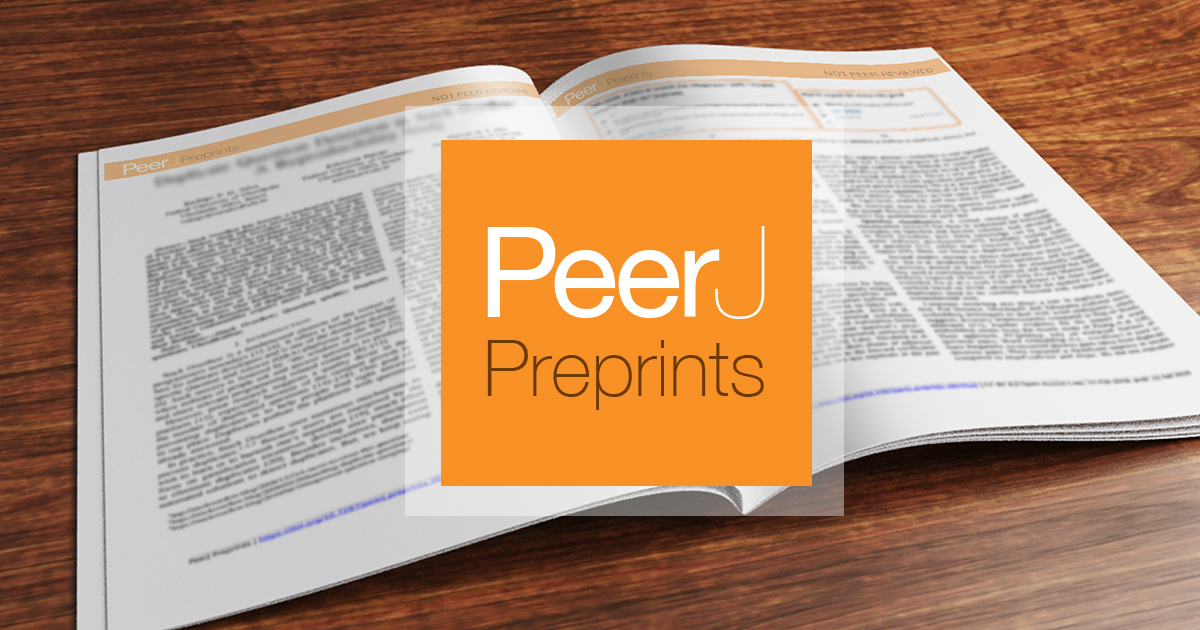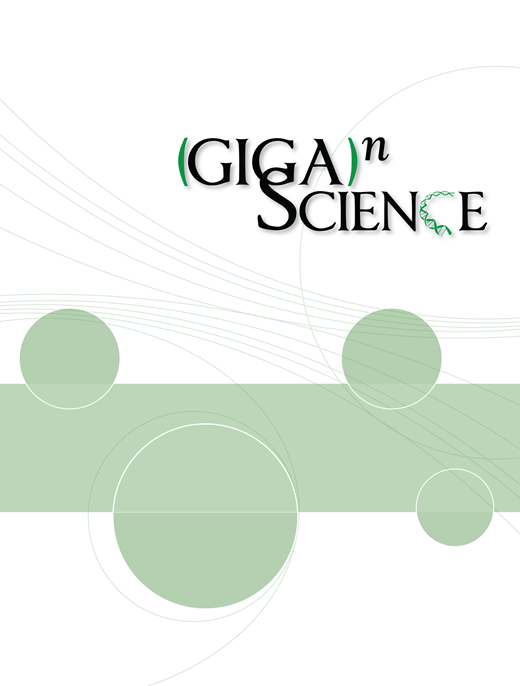Stagnation and Scientific Incentives
This paper presents a simple model of the lifecycle of scientific ideas that points to changes in scientist incentives as the cause of scientific stagnation. It explores ways to broaden how scientific productivity is measured and rewarded, involving both academic search engines such as Google Scholar measuring which contributions explore newer ideas and university administrators and funding agencies utilizing these new metrics in research evaluation.

